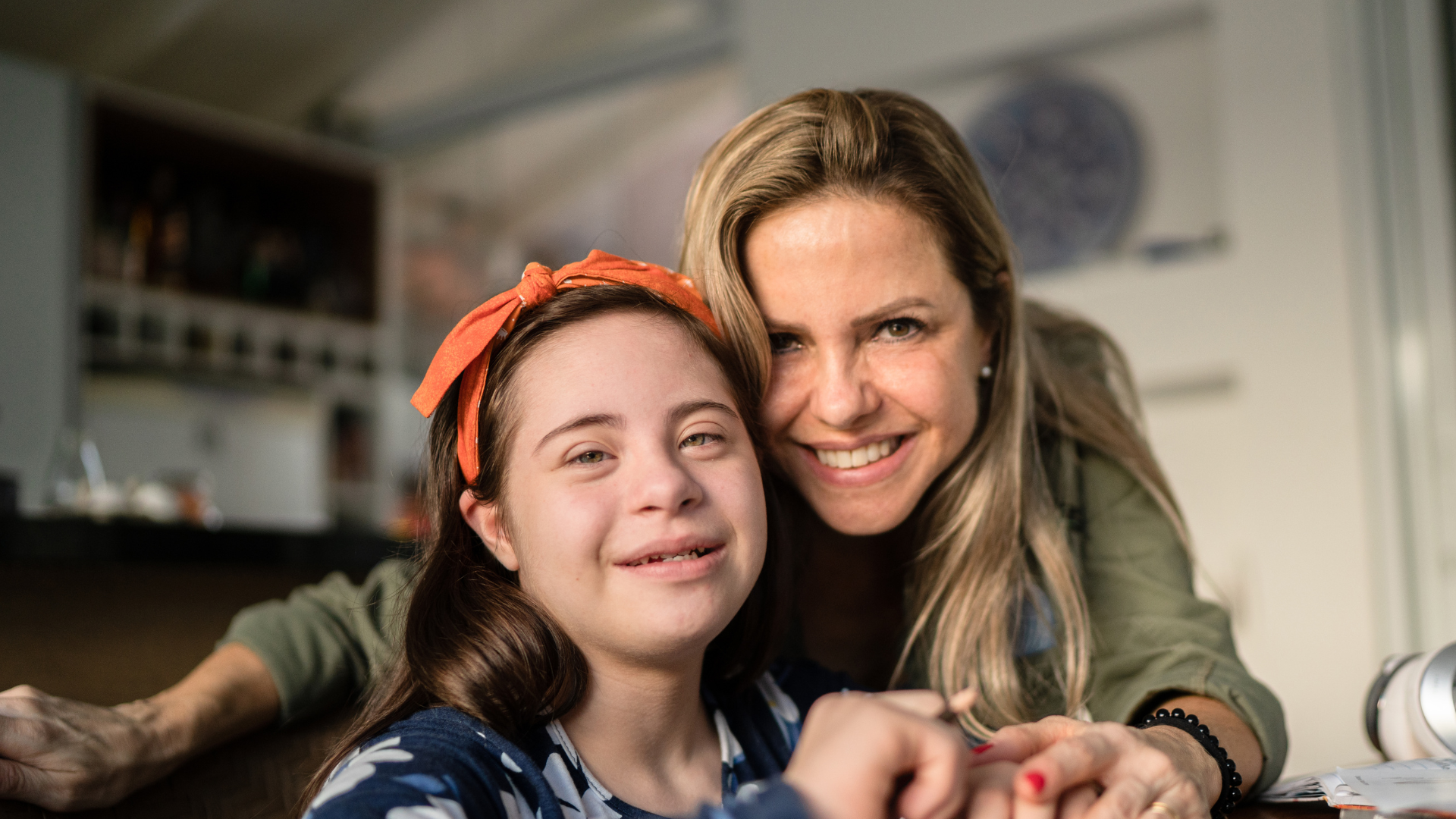
How to Become a Special Education Teacher in Ireland
If you’re a primary, secondary, or further education teacher in Ireland considering a move into special education, you’re not alone. As schools become more inclusive and diverse, the demand for teachers with specialist training in special education and inclusive education continues to grow.
Why Special and Inclusive Education?
Inclusive education is no longer just a buzzword—with 1 in 4 students identified as having special educational needs, it’s a core part of modern teaching practice in Ireland.
Today’s classrooms include not only students with additional learning needs but also those affected by factors such as homelessness, poverty, or complex family situations. An intersectional approach recognises that challenges often overlap—such as a child with a disability who is also navigating trauma or socio-economic disadvantage.
The Education for Persons with Special Educational Needs (EPSEN) Act of 2004 designated the right of the child with SEN to access inclusive mainstream classrooms wherever possible.
Qualified special education teachers play a critical role in creating supportive, adaptive learning environments that address the full spectrum of student needs.
Rising Numbers and Mounting Demand
Nationwide there are now approximately 14,600 special education teachers allocated to mainstream schools, plus 4,750 teachers working in special schools and special classes. Over 21,000 special needs assistants support these students.
Demand continues to grow: projections suggest 1,200 new special classes needed across primary and post-primary schools over the next three years, and 300 more special school places annually.
These trends highlight that demand for expertise in inclusive education and special education isn’t slowing—in fact, school systems urgently need trained specialists.
Why These Stats Matter for Aspiring Educators
The rise in numbers reflects not just population growth but also improved diagnosis and awareness—especially around autism. As families and schools increasingly seek environments that best meet children’s diverse needs, the need for qualified special education professionals is clearer than ever.
For practising teachers, upskilling in this area means you can:
- Confidently support students with complex needs.
- Be a leader in designing inclusive environments.
- Step into roles such as SET teacher, inclusion coordinator, or specialist SEN leader.
- Strengthen your ability to differentiate and adapt teaching for all learners.
But how exactly do you become a special education teacher in Ireland? What qualifications do you need, and where can you study? Here’s a practical guide to help you take the next step in your teaching career.
Step 1: Have a Recognised Teaching Qualification
To specialise in special education, you first need to hold a recognised teaching qualification. This typically means you are already registered with the Teaching Council of Ireland in one of the following categories:
- Primary Education
- Post-Primary Education
- Further Education
If you’re already a qualified teacher, you’re well-positioned to take the next step.
Step 2: Gain Relevant Experience
While not always a requirement, having some experience working with students with additional learning needs—either in a SET (Special Education Teacher) role or in an inclusive classroom—can be beneficial. It not only strengthens your application to further study programmes but also gives you a clearer understanding of the challenges and rewards of the field.
Step 3: Complete a Postgraduate Programme in Special or Inclusive Education
To become a specialist in the field, you’ll need to complete a recognised postgraduate programme in special or inclusive education. One excellent option is the MA in Inclusive and Special Education offered by ICEP Europe in partnership with Hibernia College
This Master’s programme is specifically designed for qualified teachers in Ireland who want to deepen their knowledge and enhance their practice in special and inclusive education. Highlights of the programme include:
- Mainly online, offering flexibility around your teaching schedule
- Evidence-based modules covering assessment, neurodiversity, inclusion strategies, and more
- Collaboration with leading experts in special education
By the end of the programme, you’ll have the confidence, tools, and credentials to make a real difference in the lives of students with diverse needs.
Step 4: Apply Your Learning in Practice
Graduates of postgraduate programmes in inclusive and special education often move into roles such as:
- Special Education Teacher (SET)
- Inclusion Coordinator
- Learning Support Specialist
- SEN leadership roles at school or department level
Many also report increased confidence and effectiveness in their general teaching, thanks to their improved ability to differentiate instruction and support all learners.
Final Thoughts
Becoming a special education teacher in Ireland is more than a career move—it’s a commitment to educational equity and student wellbeing. Whether you’re looking to specialise or simply make your classroom more inclusive, gaining advanced qualifications in this field is a meaningful step forward.
Explore the MA in Inclusive and Special Education today and take the next step in your professional development.